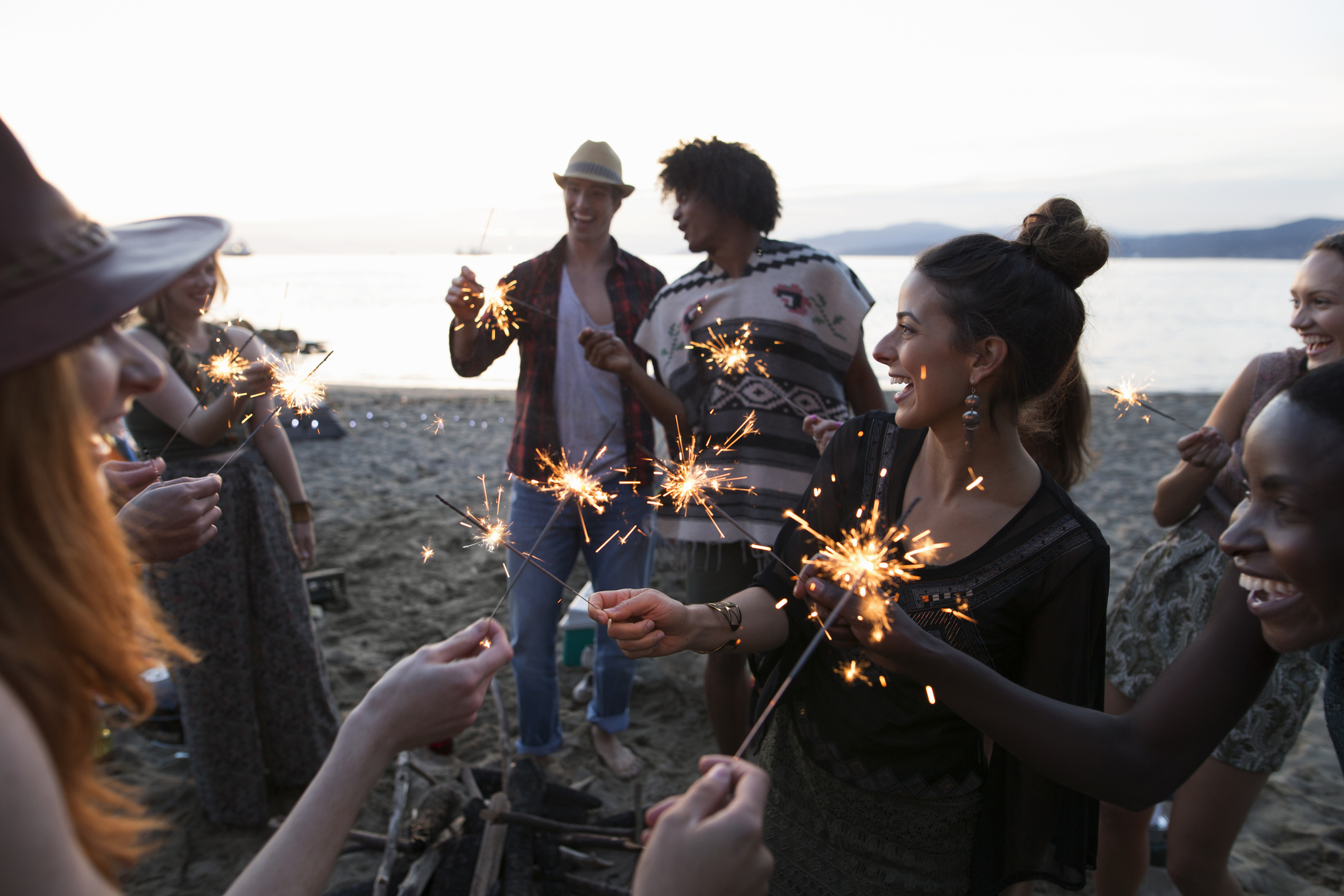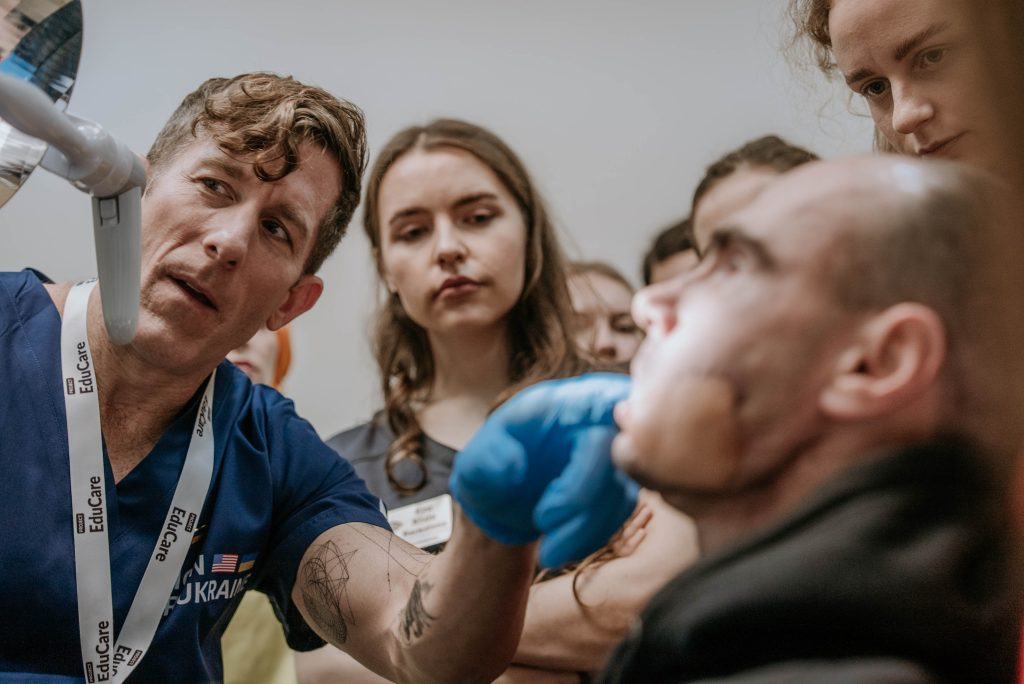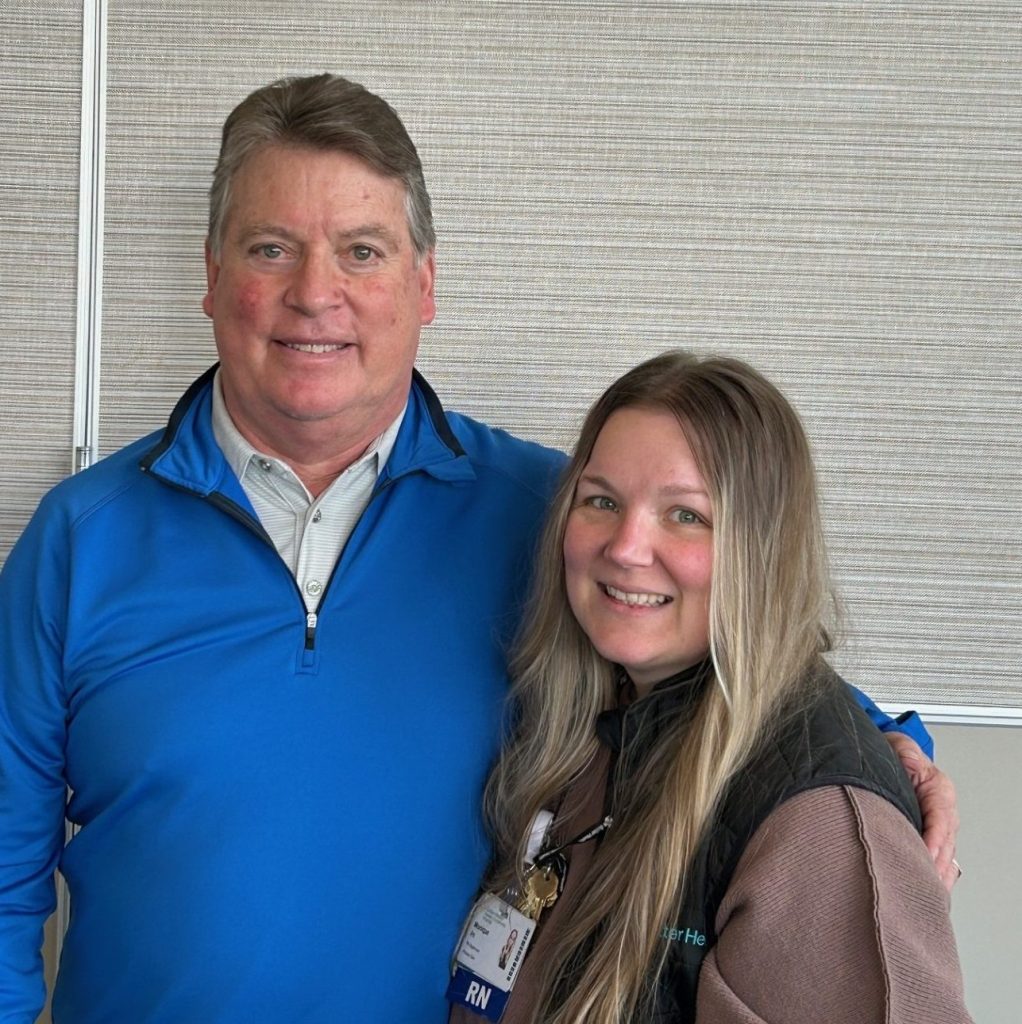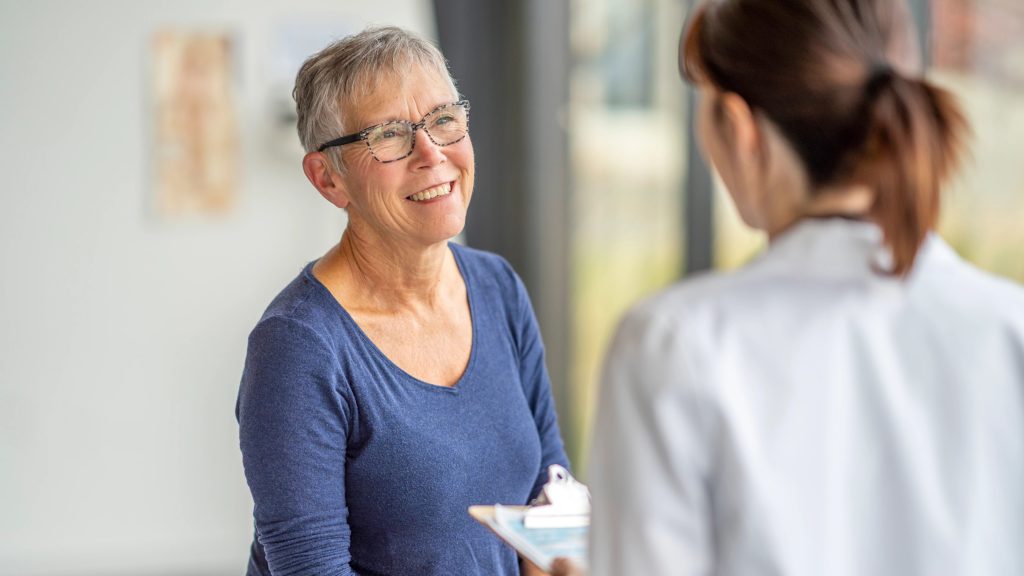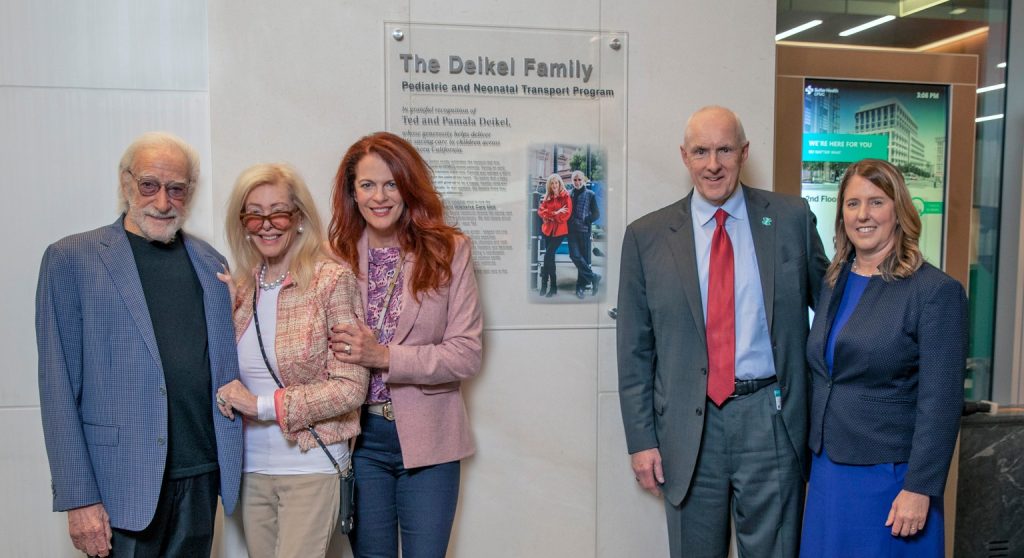By Anita Creamer and Monique Binkley Smith, Vitals contributors
The Fourth of July holiday often means gathering with friends and family for a barbecue or picnic before the main event: the fireworks.
And that’s not good news for everyone. Because while for many people setting off fireworks in the backyard, at a local park or the beach is the highlight of a relaxing day spent celebrating our nation’s independence, for others the loud and smoky festivities can trigger unwanted reactions –including post-traumatic stress disorder (PTSD).
Here are four tips to help keep you and your neighbors safer –and less stressed—this Independence Day:
- Fireworks: Can You or Can’t You? Be sure to verify and follow all local ordinances related to fireworks. In many areas of Northern California, it is illegal to set off fireworks because of extreme fire danger, so it may be better to plan on attending a fireworks show put on by your town, city or county. If you’ve verified it’s okay to set off fireworks in your neighborhood, check out these safety tips from CalFire and celebrate safely!
- Wildfire Prep: Before the fireworks, prepare your home and family for the possibility of a wildfire. Visit ReadyforWildfire.org to access the Ready for Wildfire app, answer five quick questions and receive your personalized checklist.
- Give your neighbors a heads-up if you plan to celebrate by setting off fireworks at home.For veterans, wildfire survivors and others living with PTSD, the Fourth of July can be very stressful. For them, known triggers include flashing lights, the smell of fire and loud explosions. Letting your neighbors know your plans in advance allows people with PTSD to prepare themselves.
- If you or a loved one have PTSD and find July 4th challenging, make a self-care plan beforehand. Make a list of things that trigger you, and also list what helps you deal with those triggers. In advance, share that information with others, let them know how you will care for yourself and what they can do to help. If you are looking for other ways to combat PTSD, read the Greater Good Magazine article, “Can Mindfulness Help Treat PTSD?” The booklet “Understanding PTSD: A Guide for Family and Friends” from the National Center for PTSD is also a great resource.
And remember, if you or someone you love needs ongoing support navigating PTSD, be sure to reach out to a licensed mental health professional. Caring for mental health can be difficult, and no one should walk that road alone.
Note: This content is not intended to be a substitute for professional medical advice, diagnosis or treatment. Always seek the advice of your physician or other qualified health provider with any questions you may have regarding a medical condition. Never disregard professional medical advice or delay in seeking it because of something you have read on this website.

